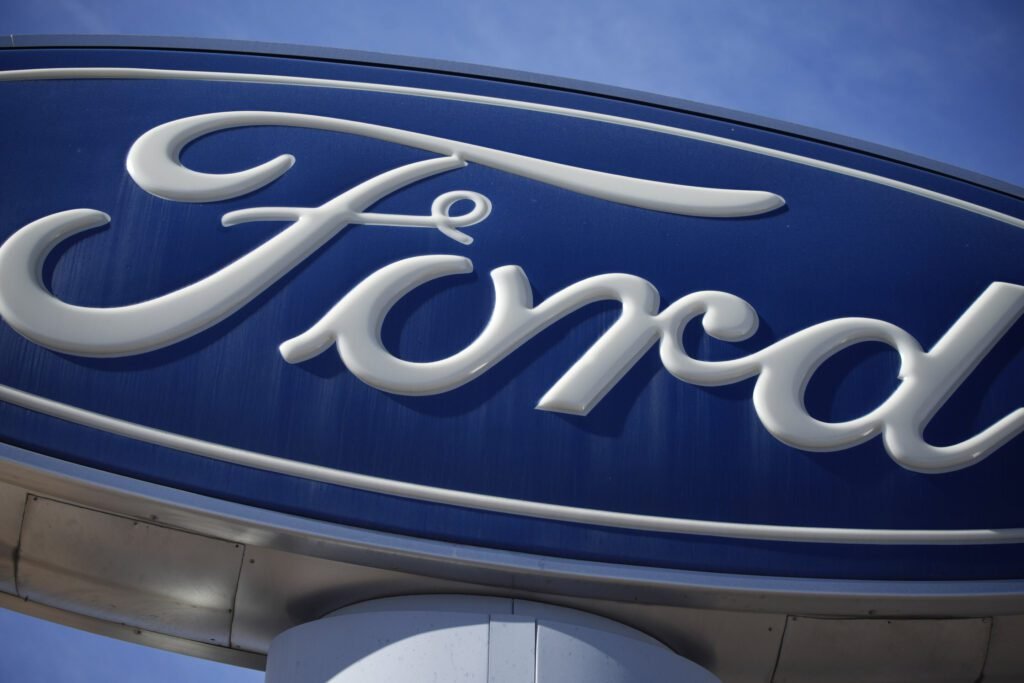Ford Motor Company is expanding its electric vehicle (EV) strategy to capitalize on its advantages and provide customers with the most options possible. The goal is to make the transition to electric vehicles for customers easier and more inexpensive by adding more electric options to Ford’s North American vehicle lineup.
In addition, it plans to introduce two cutting-edge electric pickup trucks in 2027, a new, high-tech electric commercial van in 2026, and other reasonably priced EVs down the road. In order to reduce expenses, maximize its production capacity, and facilitate the present and future manufacture of electric vehicles, it has also modified its US battery procurement strategy.

Ford EV Innovation
Ford will still produce EVs, but more slowly. An electric commercial van from Ford will be the brand’s next EV vehicle when it debuts in 2026. That might enable it to contend with Rivian, whose partnership with Amazon has led to the widespread use of its electric vans throughout the United States.
Next, under the codename “Project T3,” Ford plans to construct an electric truck that it describes as “groundbreaking.” In the latter part of 2027, it intends to unveil the truck, which will have enhanced aerodynamics and bi-directional charging (it can power your house during a blackout). Although that is later than anticipated, Ford claims that by then, the advances it intends to make in the manufacturing of batteries will help bring down the price of its truck. Ford formed a unique team in California in 2022 with the goal of revolutionizing the way the business designs its next-generation automobiles and bringing down the price of EVs.
This team fully rethinks the production process by working across design, engineering, supply chain, and manufacturing using a systems-integration approach. In order to make sure it can compete with the best in the world on pricing, its objectives are to streamline operations, save expenses, and delve further into the supply chain.
Ford is modifying its launch schedule and reconsidering its battery sourcing practices as part of this strategy shift. The business will no longer be producing its next three-row SUVs entirely electric; instead, it will employ hybrid technology. Ford will write off about US$400 million in non-cash costs associated with production equipment for the three-row all-electric SUVs that it no longer intends to produce as a result of this adjustment.
Additionally, these adjustments may result in up to US$1.5 billion in additional expenses, which the company will record as a special item in the quarter in which they arise.
The first model in Ford’s upcoming electric lineup will be a commercial van that is scheduled for production at the Ohio Assembly Plant in 2026.